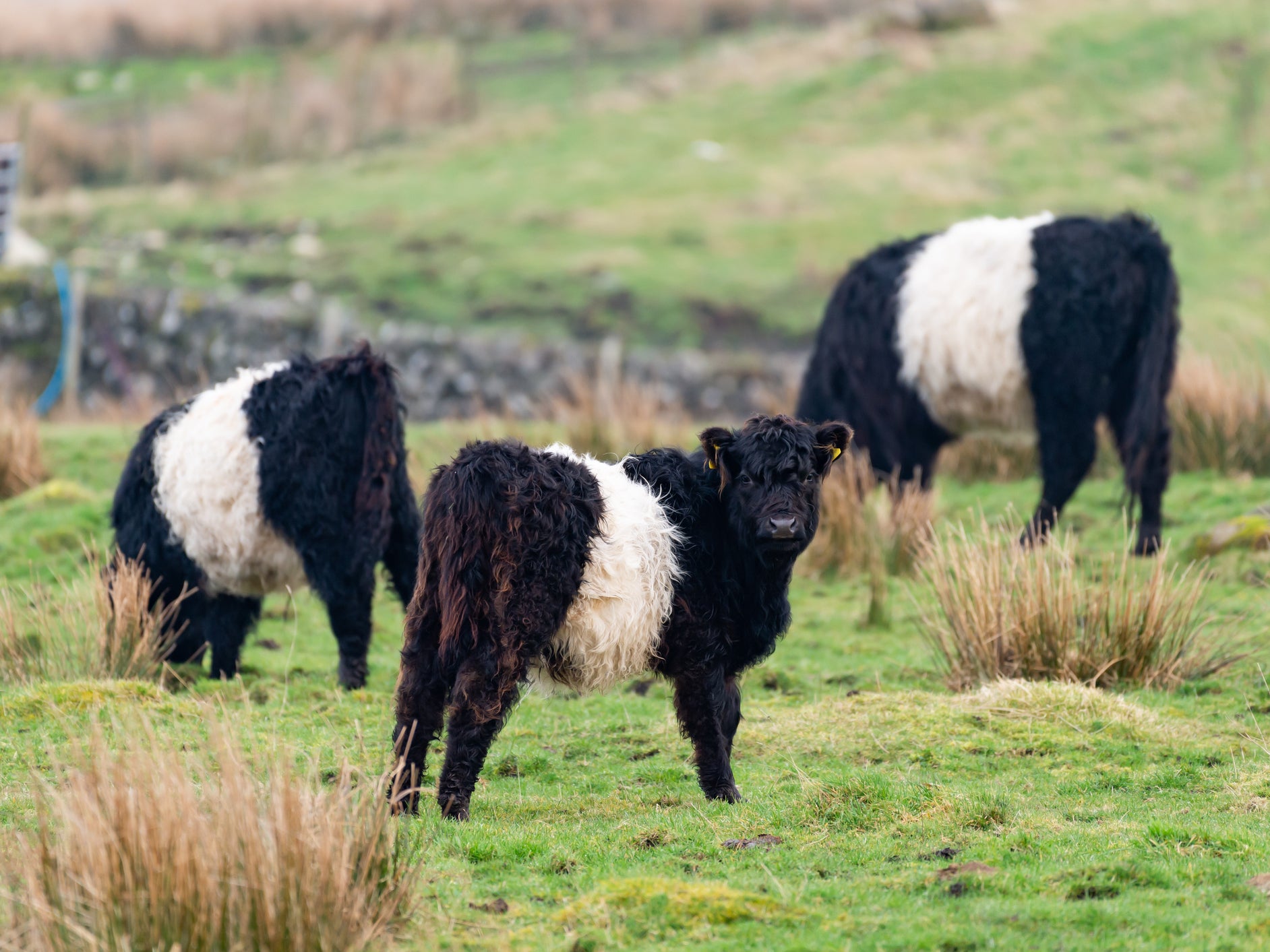Tory MP claims there is no need to reduce meat consumption because vegetarians cause emissions by 'flying soya beans in from Brazil'
Harriet Baldwin says vegetarians cause emissions by 'flying in soya beans from Brazil'
A Conservative MP has suggested that there is no need to reduce meat consumption to stop climate change because vegetarians produce emissions by "flying in soya beans from Brazil".
Harriett Baldwin said she was "worried" that "influential" figures in public life were advocating reductions in red meat consumption because of its high carbon emissions.
The bizarre claim came at a session of the Commons treasury committee, where MPs were hearing evidence from experts on the economic changes needed to reach the government's target of net zero carbon by 2050.
Adair Turner, the economist who chaired the government's Committee on Climate Change, said reducing red meat consumption was "the single biggest thing any consumer can do tomorrow" to reduce their carbon footprint and that society could not "shy away" from "persuading people to eat significantly less".
"I think probably the biggest lifestyle choice issue, and it is a tricky issue, and we need to face this, is agriculture and food," said Lord Turner, who during his career has also chaired the Financial Services Authority and led the CBI.
"Because I fly the world to talk about the importance of climate change I am well aware of the irony of that situation. So I have looked at what is the biggest single thing I can do to reduce my carbon footprint and it is to give up red meat.
"It's as simple as that: you run the figures, that is probably the single biggest thing that any consumer can do tomorrow. Things that you can do instantaneously."
Lord Turner added: "I think the issue of persuading people to eat significantly less red meat in particular is one that we're not going to be able to shy away from if we're serious about a zero carbon economy."
He suggested a methane tax could be applied to both imports and domestic production to help address the issue and steer people to alternatives.
But Tory MP Ms Baldwin, who sits on the committee, intervened to disagree, telling the economist: "I'm increasingly worried that people as influential as yourself, Lord Turner, make these statements about red meat when you think about the difference between sustainably grown cattle and, you know, flying in soya beans from Brazil."

In fact, cattle, however it is reared, has significantly higher carbon emissions than any plant-based food. A 2018 study published in the journal Nature by academics at Princeton University found that protein from beef had 73 times the carbon emissions of protein from soya, with 1kg of beef protein having the equivalent carbon emissions of passenger's return flight between London and New York.
Contrary to the MP's claim, soya beans do not tend to be transported by air as their delivery is not particularly time-sensitive, and surface transport in fact constitutes a relatively small proportion of the carbon emissions of all food.
Responding to the MP, Lord Turner said he accepted "that there is a real difference between grass-fed and stuff produced in a beef lot" but added: "The fact is they all produce methane emissions and methane is a very powerful greenhouse gas.
"We can't get around that. It doesn't mean people have to give up red meat, but I think the way forward is smaller consumption of red meat, but when you consume red meat have high quality, organic, low environmental impact."
Join our commenting forum
Join thought-provoking conversations, follow other Independent readers and see their replies
Comments
Bookmark popover
Removed from bookmarks